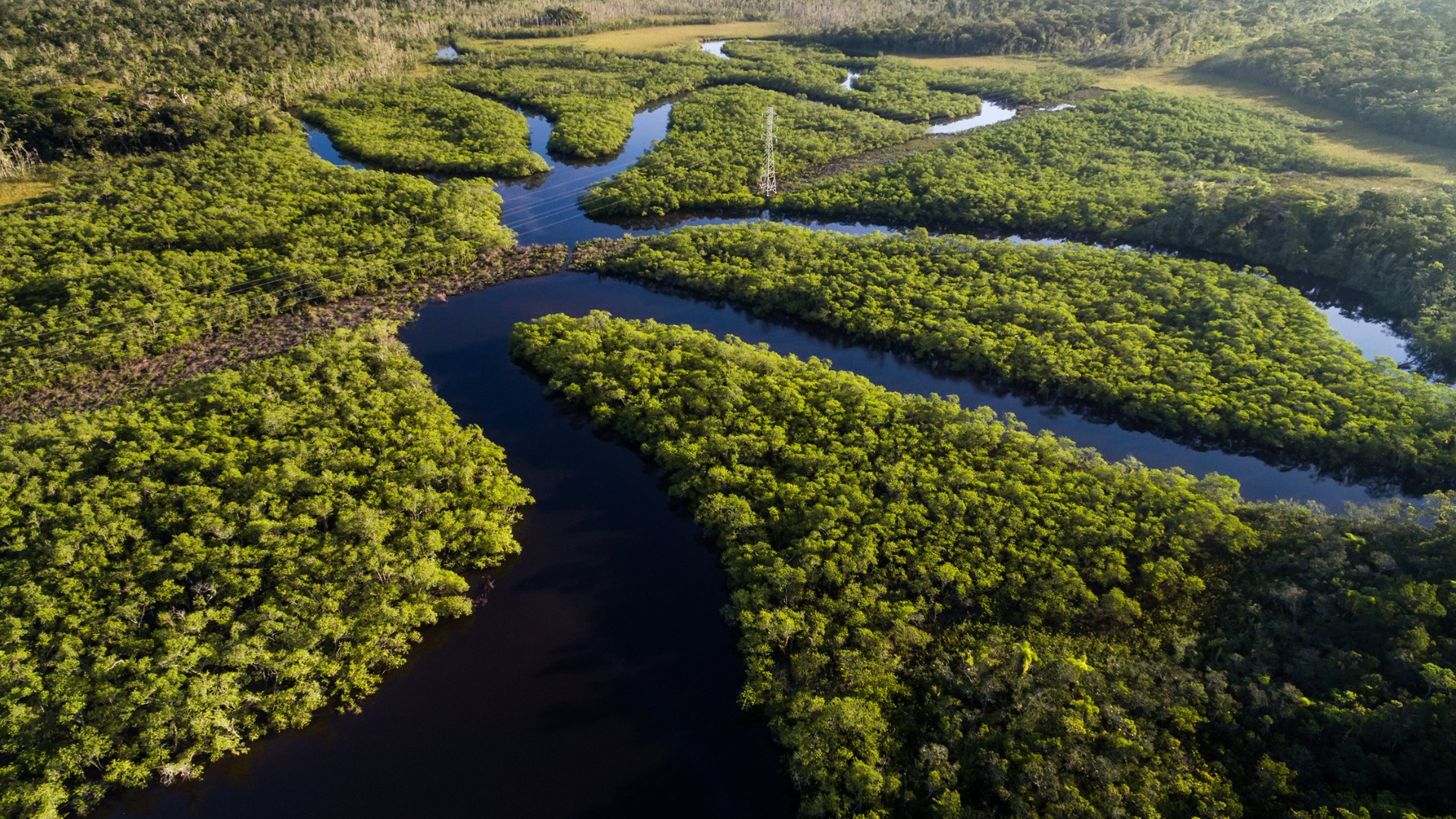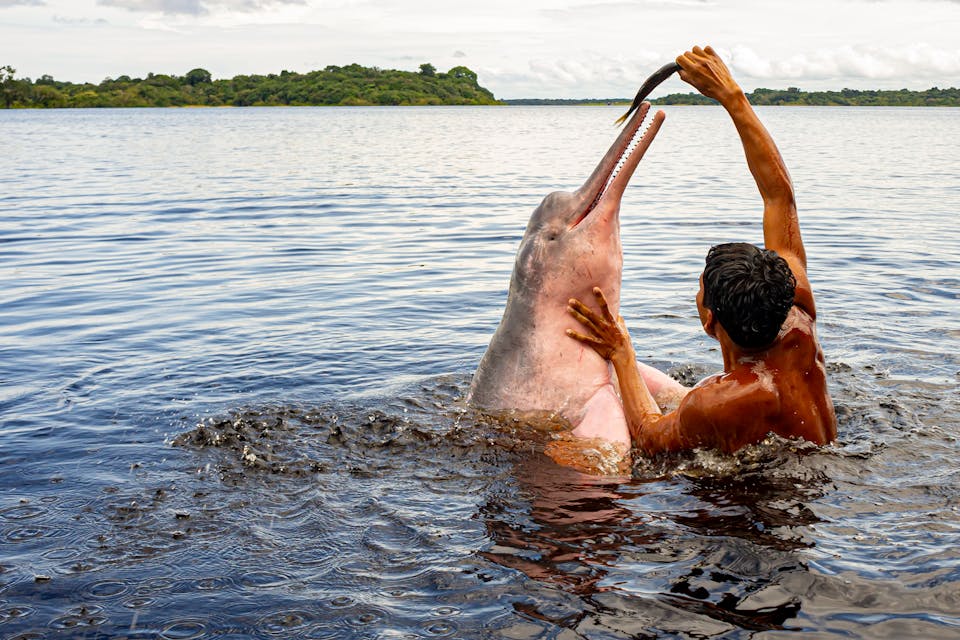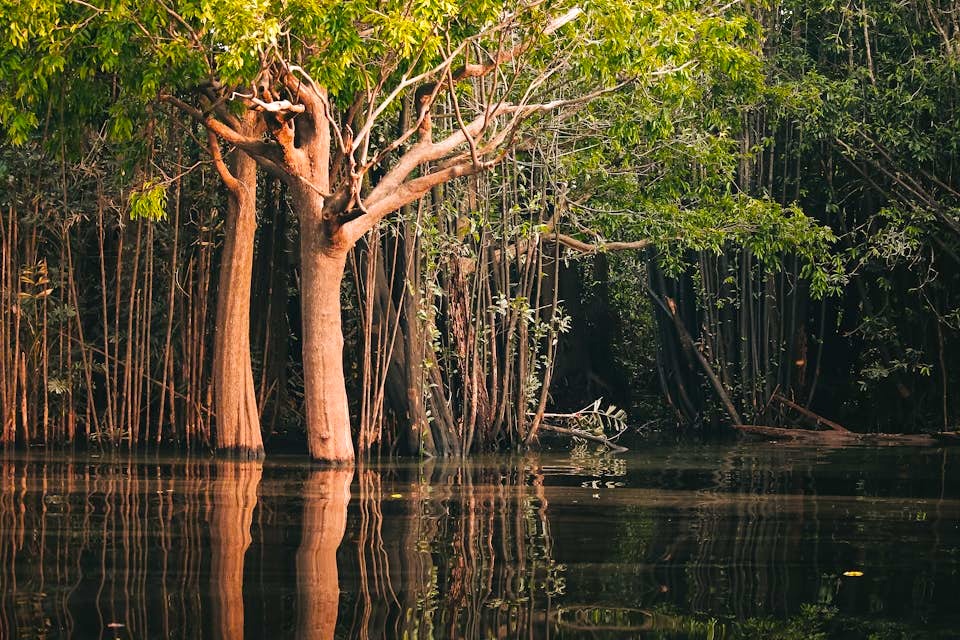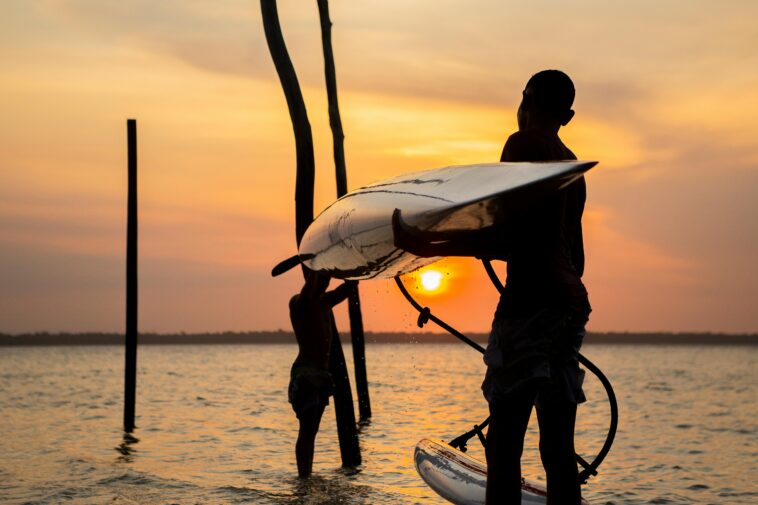The Allure of Amazon River Lodges
There is something undeniably magical about waking up to the sounds of the rainforest, surrounded by lush greenery and endless water. The Amazon River, stretching across several countries in South America, is one of the most biodiverse regions on Earth. Staying in Amazon River lodges in Peru and Brazil offers travelers a chance to live within this incredible environment, while still enjoying modern comforts and sustainable luxury.
The Amazon is not only a destination for adventure seekers. It is also a sanctuary for anyone seeking peace, connection, and discovery. Floating eco-lodges have become the perfect bridge between nature and comfort, blending thoughtful design with environmental consciousness. These lodges give guests the unique opportunity to witness wildlife, learn about indigenous cultures, and participate in guided explorations that leave a lasting impression.
Exploring the Heart of Peru’s Amazon

In Peru, the gateway to the Amazon often begins in Iquitos, a city only accessible by plane or boat. From there, guests embark on a river journey into a world where time slows down and nature takes the lead. Some of the most acclaimed Amazon River lodges are found along the tributaries near Iquitos, offering floating accommodations that seem to drift gently with the river’s rhythm.
One standout destination is the Delfin Amazon Ecolodge, a luxury floating retreat known for its panoramic river views and guided excursions. Guests can explore the Pacaya-Samiria National Reserve, an area teeming with pink river dolphins, monkeys, and exotic birds.

Each suite features large windows, local hardwoods, and handwoven textiles made by nearby communities. The experience is elevated by gourmet Peruvian cuisine, often sourced directly from the surrounding rainforest.
For travelers seeking a balance between comfort and immersion, the Treehouse Lodge near Nauta provides a completely different perspective. Each room is built high among the treetops, offering a bird’s-eye view of the forest canopy. Visitors can watch macaws and toucans fly by at eye level while drifting off to the sounds of nocturnal creatures below. The lodge uses solar power and filtered rainwater, reflecting its commitment to sustainable practices.
Brazilian Amazon Lodges Worth the Journey

Brazil’s section of the Amazon is vast and equally enchanting, with many lodges centered around Manaus, the main access point. Here, travelers can experience a diverse range of lodgings, from rustic eco-retreats to floating luxury hotels designed for deep immersion.
The Juma Amazon Lodge, located about three hours from Manaus, is a favorite among eco-conscious travelers. Built entirely from sustainable materials, it offers an authentic rainforest experience while minimizing its environmental footprint.
Guests can canoe through flooded forests, spot caimans at night, and visit local communities that share their way of life. The rooms, perched on stilts, provide a sense of both security and adventure as guests sleep above the water.

Another remarkable destination is the Anavilhanas Jungle Lodge, nestled within the Anavilhanas Archipelago, one of the largest river archipelagos in the world. This eco-luxury lodge offers guided safaris, night treks, and pink dolphin encounters.
Guests can also unwind by the infinity pool overlooking the river or enjoy a quiet evening in a hammock surrounded by the hum of the jungle. The lodge’s design respects the natural surroundings, using local wood and minimalist architecture to complement rather than compete with nature.
Sustainable Comfort in the Rainforest

What sets Amazon River lodges apart from other types of accommodation is their dedication to sustainability. Many are built using renewable materials and operate on solar power, reducing their environmental impact. Waste management and water conservation are key priorities, ensuring that the delicate ecosystem remains preserved for future generations.
Guests are encouraged to participate in eco-education programs that highlight the importance of biodiversity and cultural preservation. Whether it is planting native trees, supporting local artisans, or learning about traditional fishing methods, each activity strengthens the bond between travelers and the Amazon’s natural world.
In both Peru and Brazil, local communities play an essential role in lodge operations. From guiding tours to preparing meals, their involvement ensures that tourism directly benefits those who call the rainforest home. It is an exchange of knowledge and respect that leaves every traveler more connected to the world’s largest tropical forest.
Planning Your Stay

Choosing between Peru and Brazil for your Amazon lodges experience depends on your travel preferences. Peru’s Amazon offers more intimate river journeys and floating accommodations that drift through calm tributaries. Brazil’s lodges, on the other hand, often provide broader access to wildlife reserves and larger sections of the rainforest.
When planning your visit, the dry season (June to November) offers easier navigation and more visible wildlife, while the wet season (December to May) brings lush landscapes and abundant birdlife. Most lodges offer packages that include transportation, guided tours, and meals, making it easy to focus on the adventure rather than logistics.
Before traveling, remember that vaccinations may be required, and lightweight, breathable clothing is essential. Many lodges provide mosquito nets and natural repellents, but packing your own eco-friendly insect protection and waterproof shoes will enhance your comfort.
The Reward of Going Remote

A stay at one of these remarkable Amazon River lodges is more than just a vacation. It is a journey into one of the last truly wild places on Earth, where every sound, scent, and view feels new and alive. Whether you choose the treetop heights of Peru or the stilted serenity of Brazil, the experience promises a deep connection to the planet’s most vital ecosystem.
As the river flows beneath you and the canopy sways above, you begin to understand that luxury in the Amazon is not about excess, but about balance. It is about finding peace in the wild, learning from nature, and leaving with a renewed sense of wonder.


